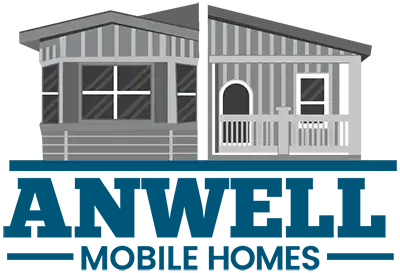What to Know About Florida Wind Zones and Your Mobile Home
Intro:
Florida’s hurricane-prone climate makes wind zones a big deal for mobile homeowners. But what exactly are wind zones, and how do they affect your home?
What Are Wind Zones?
Wind zones classify areas based on expected wind speeds during a hurricane. Florida has three:
- Zone I: Up to 70 mph winds (rare in Florida)
- Zone II: Up to 100 mph winds (common inland)
- Zone III: Up to 110+ mph winds (mostly coastal areas)
Why It Matters:
Your home must be rated for the wind zone where it’s located. Anchoring systems are also required to match the zone’s standards. Installing or purchasing the wrong wind zone home can put your family and property at risk during a storm.
How We Help:
At Anwell Mobile Homes, we don’t just install and anchor homes—we’re also licensed mobile home dealers. That means we can help you:
1. Purchase the correct wind zone-rated home for your property.
2. Ensure compliance with Florida’s strict building codes.
3. Professionally install and anchor your new home so it’s storm-ready from day one.
Conclusion:
Don’t leave your home vulnerable. If you’re purchasing a new or pre-owned mobile home, make sure it’s built for your area’s wind zone. Contact Anwell Mobile Homes today—we’ll help you select the right home and secure it properly so you can feel confident when hurricane season arrives.
